
God’s mechanic: How Salesi Faupula found himself following a family tradition
Posted on 11 Feb 2026
Rev. Salesi Faupula is the Uniting Church’s moderator for the synod of Victoria and Tasmania. Born…
Posted on 16 Sep 2024
By Matthew Schulz, journalist, Institute of Community Directors Australia

September 18 is Childhood Dementia Day. With many Australians unaware that thousands of children are suffering and slowly dying from this cruel genetic twist of fate, the time for action is now, says the founder and CEO of the Childhood Dementia Initiative, Megan Maack.
Eleven years ago, both of my children, Isla and Jude, were diagnosed with a form of childhood dementia, Sanfilippo syndrome.
I initially began working in the research space to try to help move forward treatments and cures for their condition. The first organisation I started was Sanfilippo Children’s Foundation.
Over the years that I worked in that space, however, I couldn't help but notice there are a number of different conditions with very similar presentations. There were many children with other disorders also experiencing dementia in childhood.
All these conditions were being researched in isolation, which meant that it was very inefficient, and research was slow and difficult.
I also noticed a lot of families, just like mine, battling just as I was for the care and the support that their children so desperately needed despite the fact we had the same symptoms and needs. I started to think there's got to be a better way.
I commissioned a health economist to undertake a burden of disease study to understand the extent and impact of childhood dementia. The results were shocking and clearly showed a collection of conditions far bigger than previously realised. It was clear the opportunity was also far greater than anyone had previously realised.
I established the Childhood Dementia Initiative to drive action for all these conditions as a collective.
Isla is now 15 and we have lost so much of her. She was once a sassy little girl who could sing and dance, read short sentences, and pull together a spectacular outfit.
Today, she has lost all language and most of the skills she worked so hard to develop. I still see glimmers of her essence; I don’t think that will ever leave her. Her little brother Jude is following in her footsteps; everything we have gone through with her we will go through twice.
But despite how much tragedy surrounds my little family, Isla and Jude have an incredible ability to connect with people, bring joy when it is not expected, and remind us of all of what really matters. Someone recently described it to me as “collateral beauty.”
They are deeply and truly loved by so many people and they have had a profound impact. That makes me really proud of them.
We’ve just released the report State of Childhood Dementia in Australia 2024, which reveals some of the devastating challenges faced by families.
There are no effective treatments and there’s no cure. All children with dementia die, half by the time they’re 10 and most before reaching adulthood. Most families struggle to get a diagnosis, and then to get necessary healthcare and support. One in five affected families have more than one child with dementia. Mine is one such family.
The psychological toll on the families of these children is severe and enduring, and without adequate support. The emotional and financial strain is crushing, and parents fight at every turn for their child’s needs. The care and support a child receives currently comes down to their family's ability to advocate for them, which is grossly inequitable.
This constant battle leads to isolation, burnout and despair. Alarmingly, there is little to no specialised psychological support available to the families of childhood dementia.
One recent study found:
This is the experience of thousands of Australian families impacted by childhood dementia; mine is no different.

"Most people are shocked to learn about childhood dementia and curious about how it affects children. I always say, if you know about dementia in adults, you know a bit about dementia in childhood."
Most people think of dementia as only impacting older people, or even that it’s just a part of ageing. It’s not. Dementia affects people of all ages, including children, and has many different causes, the most common for adults being Alzheimer’s disease. For kids, it’s caused by more than 100 different genetic conditions.
Most people are shocked to learn about childhood dementia and curious about how it affects children. I always say, if you know about dementia in adults, you know a bit about dementia in childhood.
The symptoms and process of decline are very similar, it is just that it is happening to a brain and body that is not yet fully formed, and to a child who has not had a lifetime to live.
Dementia is a lifespan disease, and we hope the work we are doing will help raise awareness for people with dementia of all ages.
One in every 2,900 babies are born with a genetic condition that will cause childhood dementia. In Australia, this equates to a baby born every three days.
Sadly, all these children will die. One of the greatest tragedies of childhood dementia is that over their short lives, children don’t get the healthcare and support they need.
In Australia today, children with dementia have arguably the highest level of unmet need in the paediatric health system. The work we are doing is to address this historic inequity.
Bringing all of the conditions that cause dementia in childhood together completely transforms the response to them. Together, their impact is clear and visible. We’ve uncovered a cohort that has arguably the highest level of unmet need in the paediatric health system in Australia.
Before this, the conditions that cause dementia were viewed individually and treated as rare and so received little attention, research or funding. They were hiding in plain sight, taking lives, and causing immense suffering, and significant inefficiencies across healthcare, research and support.
This is a career path I never dreamed I would follow!
Childhood dementia has become my life’s work. I drew on my experience as a management consultant and did the leg work and asked the questions I had to in order to start working across health and research and in the not-for-profit sector.
I often say my superpower is asking the "stupid questions": the questions I now realise most people don’t want to ask, don’t think to ask, or can’t admit to not knowing the answer to.
It’s an honour to do this work and I feel fortunate to have found a purpose. Bringing the insight that I have through lived experience is so important, because unless you’re living it, you don’t understand or realise how urgent it is that we see change.
In fact, everything we do is guided by the lived experience of families with whom we extensively consult. This is critical to ensuring we are focused on what matters most and will always by central to our work.
Our work is the first in the world, so there is no template to follow. This is something that still surprises me, that someone hadn’t already driven the collective consideration. It makes so much sense and has been so wholeheartedly accepted.
I’m looking forward to drawing on a deep investigation by one of our team members next year who will do a Churchill Fellowship on global models of care that can be adapted for children with dementia.
We want to reframe the way all the childhood dementia disorders are approached and managed – from diagnosis to research to healthcare to policy – so that the needs of children with dementia and their families are both understood and met.
The work we are doing here in Australia is leading the world. My vision is that we prove the concept here and then the approach is adopted globally.
FACE it is about making childhood dementia impossible to ignore.
People everywhere make their faces colourful and share their photos, letting people know about childhood dementia with the hashtags #childhooddementia #faceit.
It’s colourful, bold and fun. We’re finding a lot of workplaces, families, schools and hospitals are really enjoying joining forces to raise awareness of childhood dementia.
Awareness is important because you can’t solve a problem no one knows about.
The time for action is now. Children with dementia can’t be overlooked any longer. It doesn’t matter which side of politics you are on, it’s clear that there is a moral imperative to improve survivorship and quality of life for children with dementia.

Posted on 11 Feb 2026
Rev. Salesi Faupula is the Uniting Church’s moderator for the synod of Victoria and Tasmania. Born…
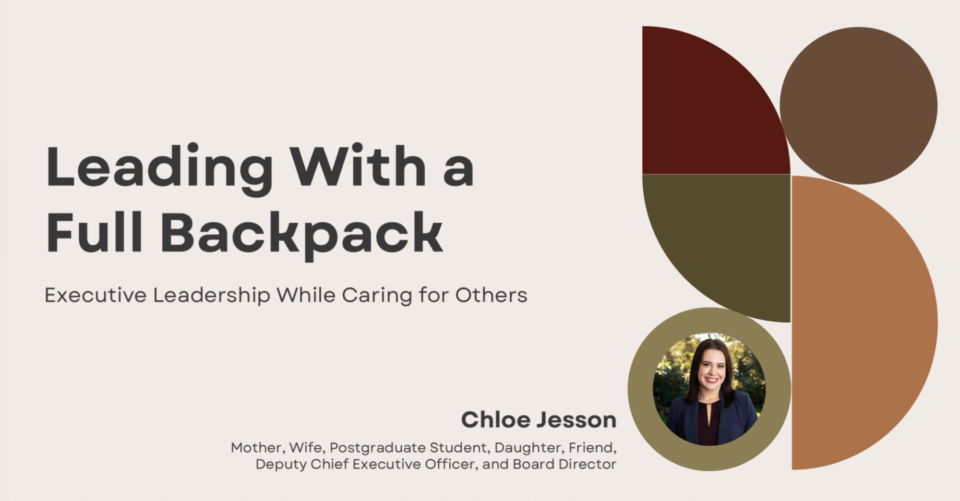
Posted on 04 Feb 2026
At the Third Sector leadership conference in Sydney last year, Queensland health executive Chloe…
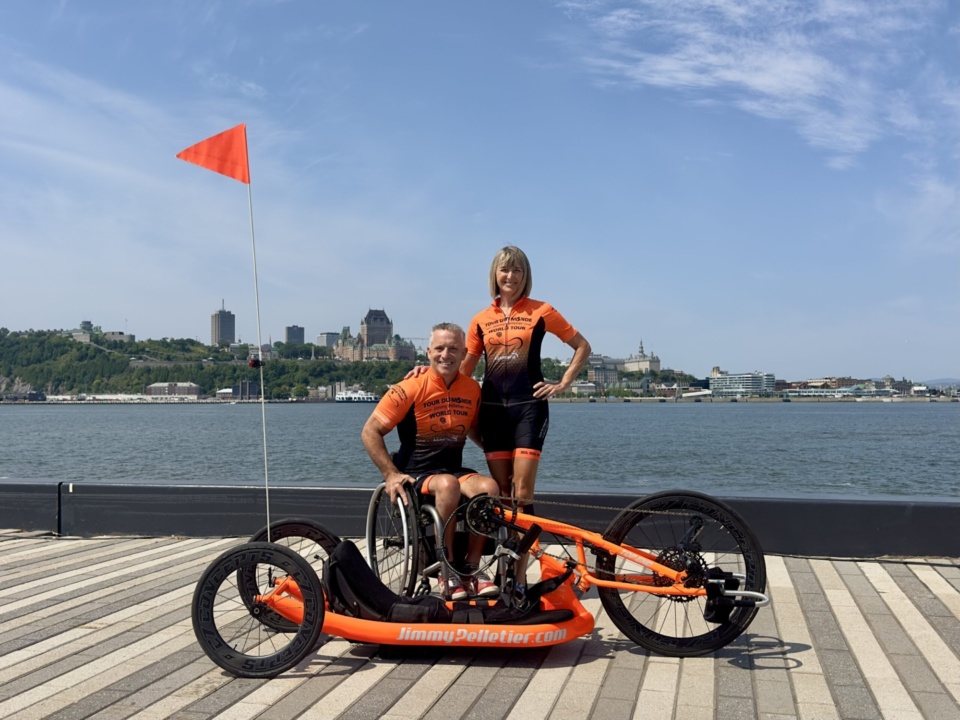
Posted on 28 Jan 2026
French-Canadian Jimmy Pelletier, who lives with paraplegia, is six and a half months into a…
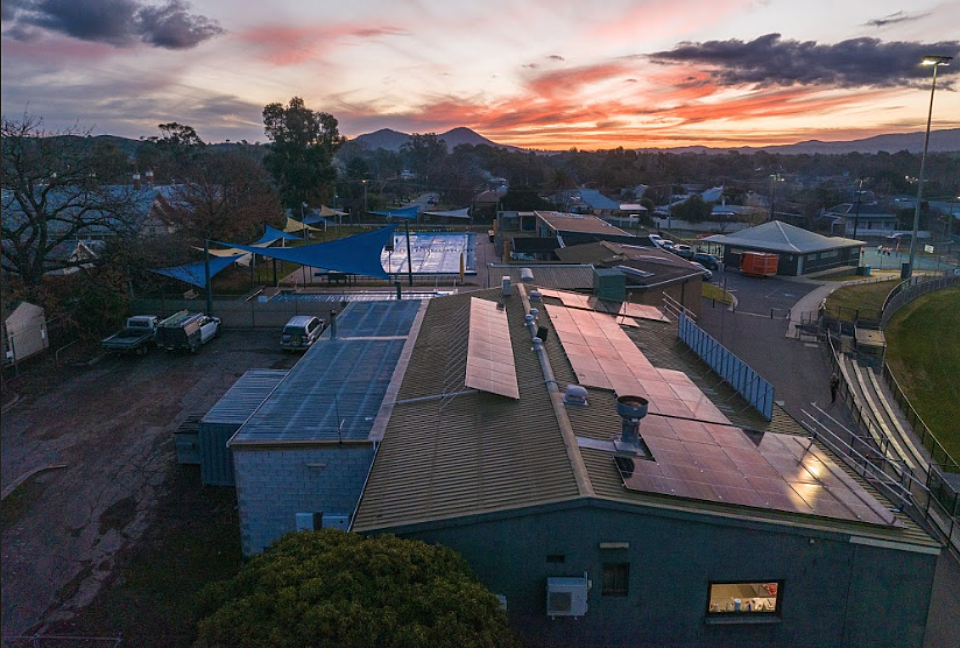
Posted on 16 Dec 2025
Lex Lynch spent more than two decades in the climate change and renewables field before last year…
Posted on 10 Dec 2025
A long-time advocate for rough sleepers in northern New South Wales has been named her state’s…
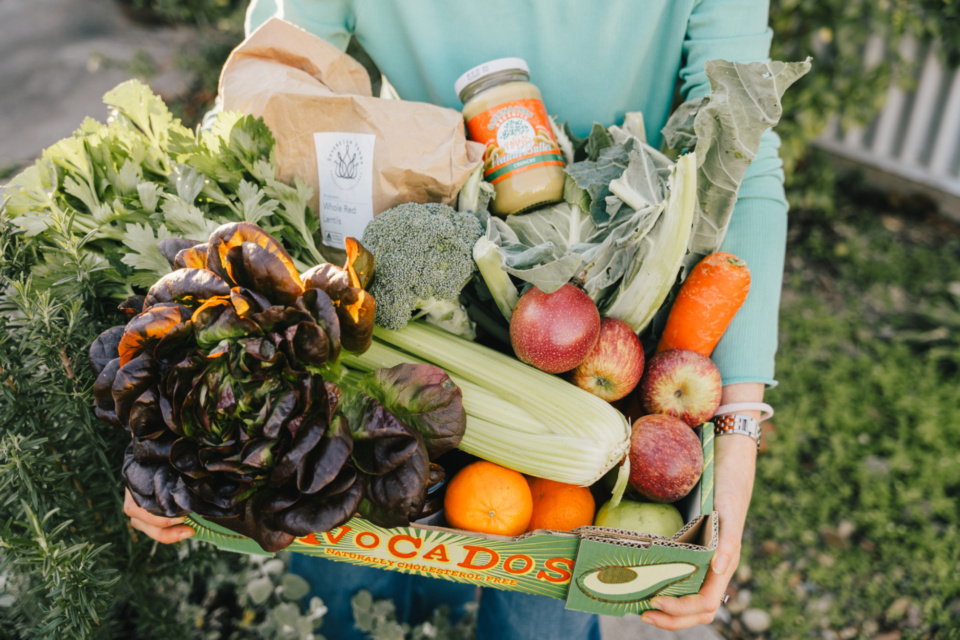
Posted on 03 Dec 2025
Emma-Kate Rose is the co-CEO of Food Connect Foundation, working with communities to support the…
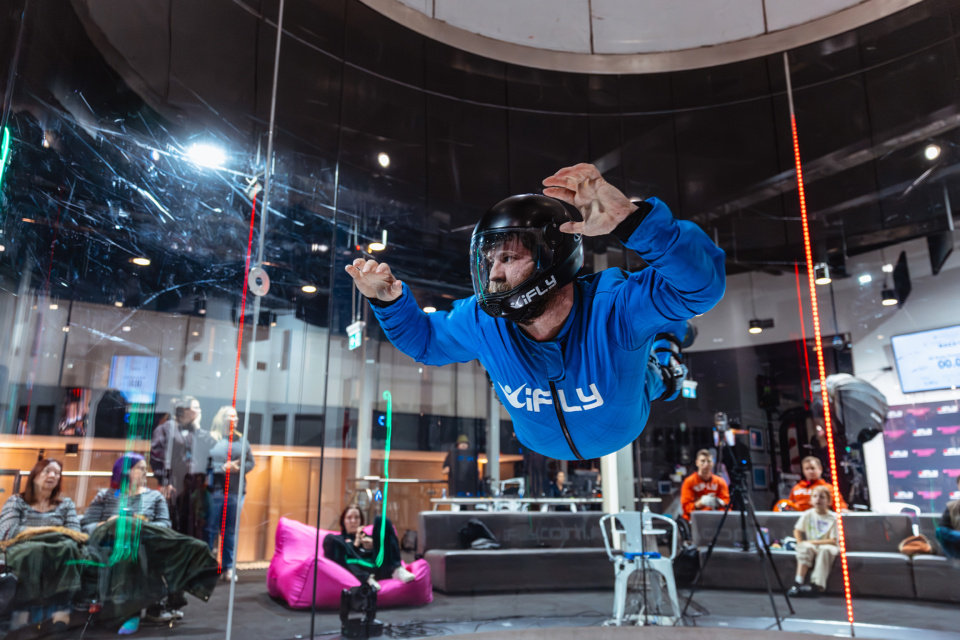
Posted on 26 Nov 2025
Next Wednesday, December 3, All Abilities ambassador Greg Pinson will be celebrating the…
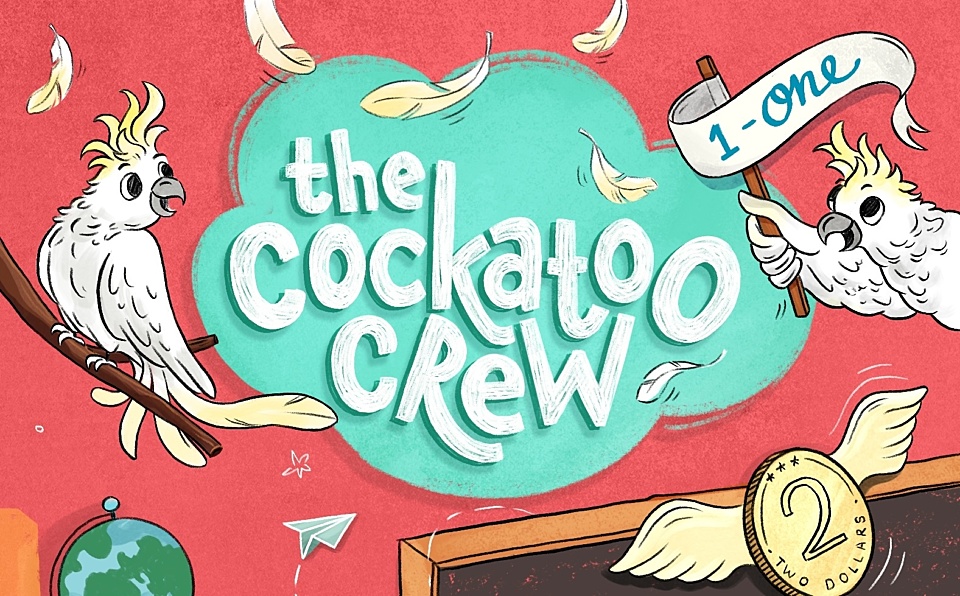
Posted on 19 Nov 2025
Lora Inak is the author of the Cockatoo Crew books, a new children’s fiction series (illustrated by…
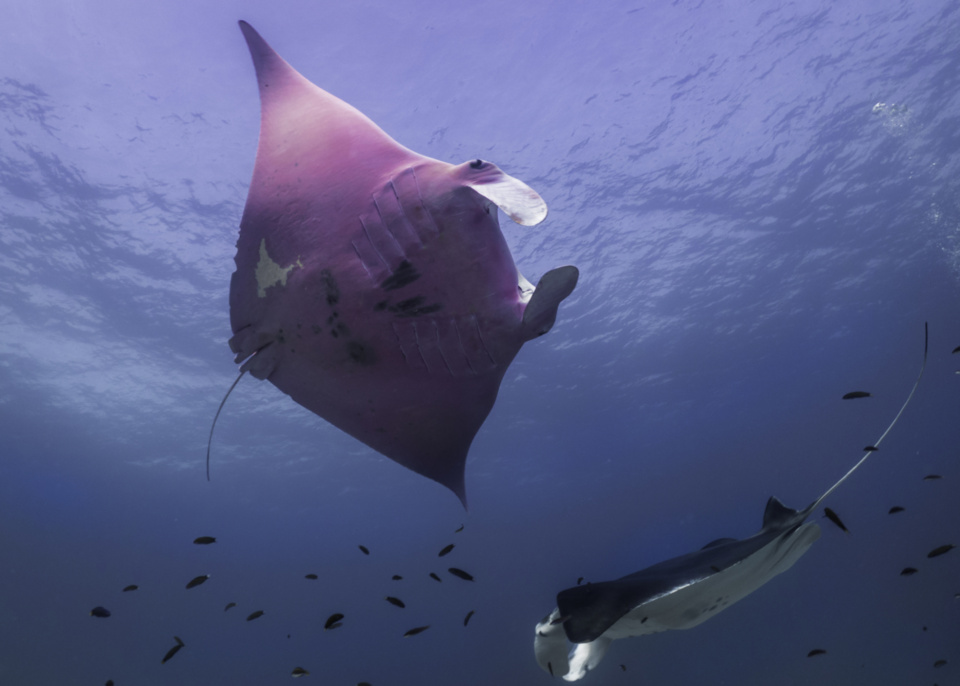
Posted on 11 Nov 2025
Project Manta, a long-running scientific study that includes a citizen scientist component, is…
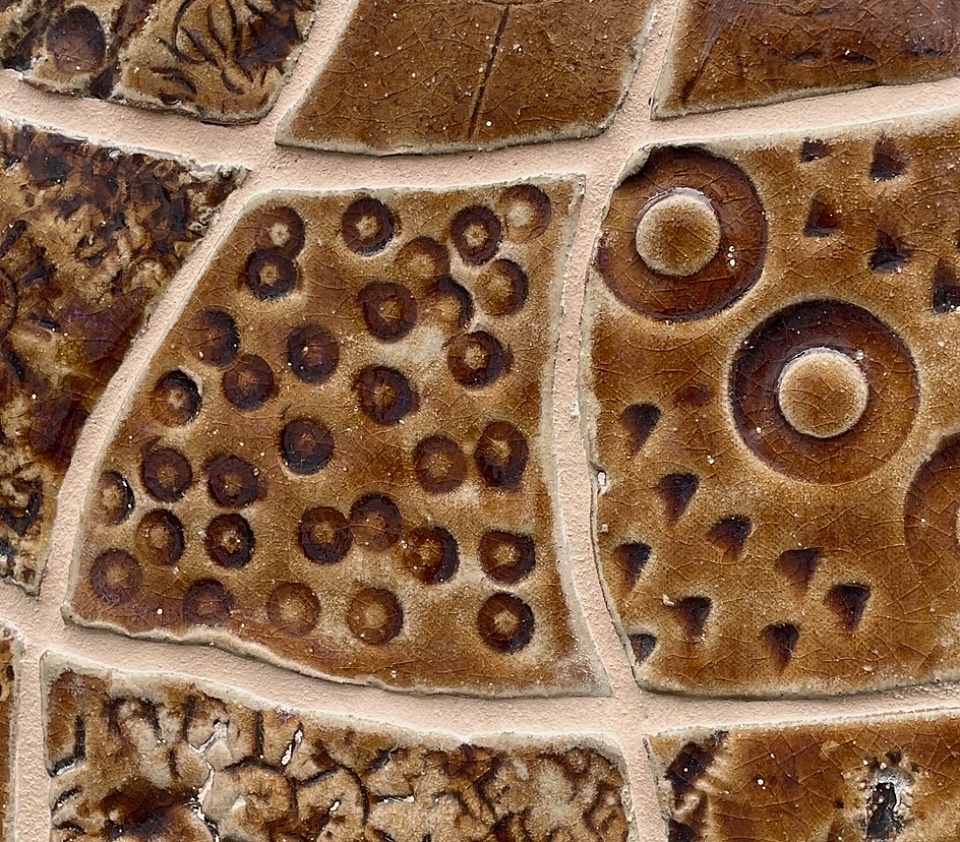
Posted on 04 Nov 2025
Diamando Koutsellis is the CEO of the not-for-profit Australian Ceramics Association, as well as a…
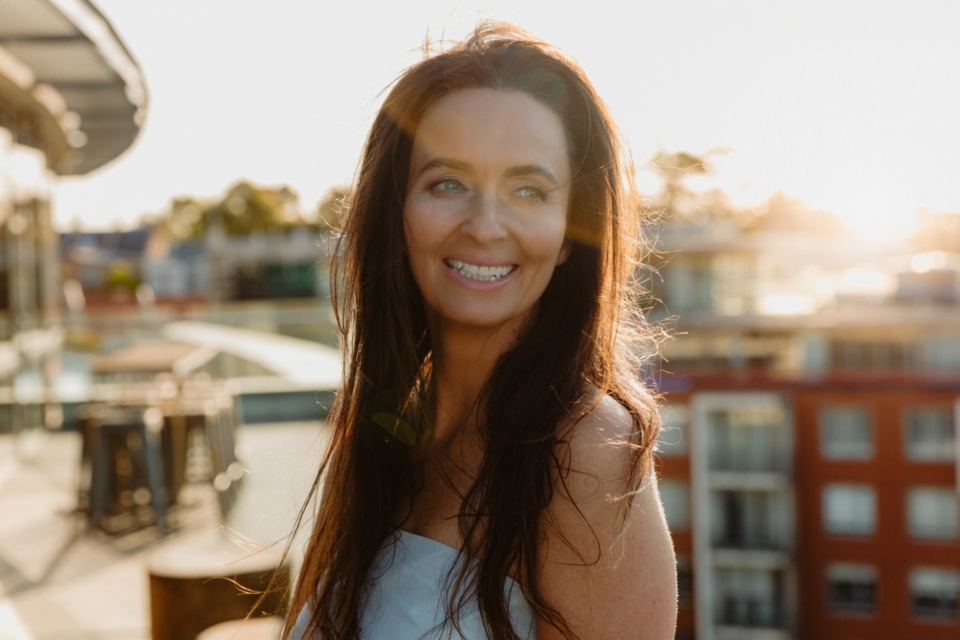
Posted on 28 Oct 2025
Mandy Richards is the founder and CEO of Global Sisters, a charity reinventing employment,…
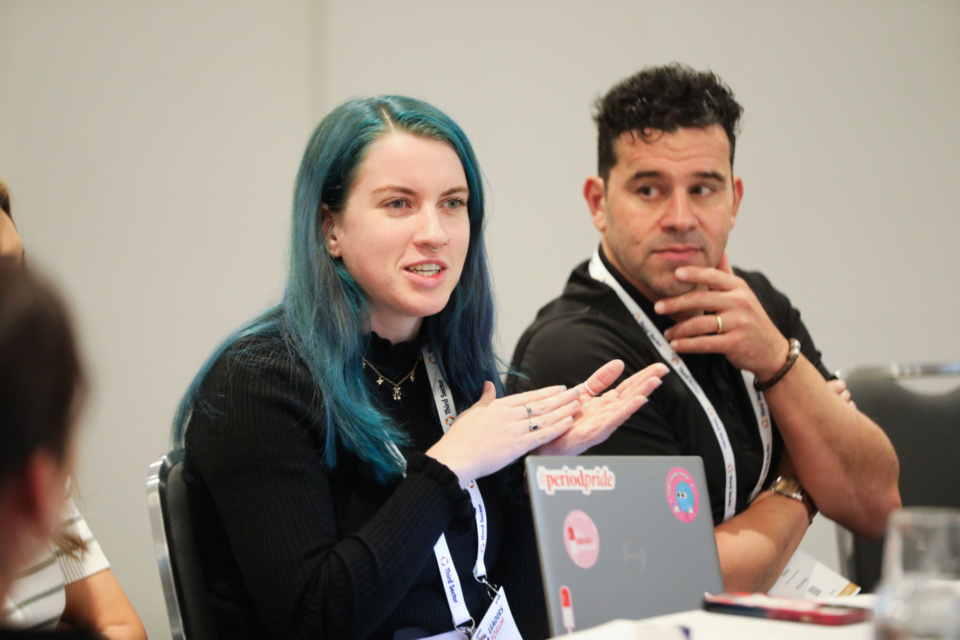
Posted on 22 Oct 2025
Brittiny Edwards is an advocacy and communications specialist for Share the Dignity, a charity that…